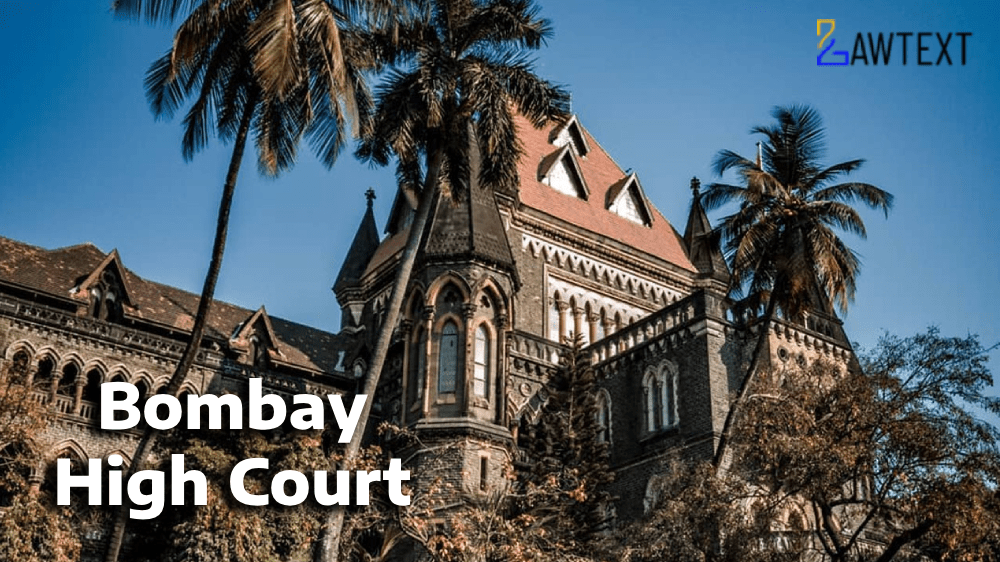

The Bombay High Court upheld the acquittal of Prakash Rajput, a Police Sub-Inspector accused of demanding and accepting a bribe. The court dismissed the appeal due to unreliable prosecution evidence regarding the alleged demand for a bribe and its subsequent acceptance. Although the sanction for prosecution was upheld, the court found no compelling reason to overturn the trial court's findings on demand and acceptance.
The appeal concerns the acquittal of Prakash Pandharinath Rajput, who was alleged to have demanded a bribe while investigating a case registered under Section 420 of the Indian Penal Code (IPC) and the Maharashtra Money Lending (Regulation) Act, 2014 (MMLR Act). The Anti-Corruption Bureau (ACB) claimed Rajput demanded ₹15,000, later reduced to ₹7,000, from the complainant and accepted a partial payment of ₹3,500.
The Additional Sessions Court acquitted Rajput on 19th May 2012, finding the prosecution's evidence regarding the demand and acceptance of the bribe untrustworthy. However, it acknowledged that the sanction for prosecution had been properly granted by the Special Inspector General of Police.
The prosecution relied on four witnesses:
The complainant alleged Rajput initially demanded ₹15,000 to reduce the charges in the case. A partial payment of ₹3,000 was allegedly made, with a further ₹7,000 to be paid later. The complainant approached the ACB before the final transaction, leading to a sting operation.
During the sting, Rajput changed the location several times before allegedly accepting ₹3,500 in a jeep near Sharda Girls High School. The prosecution claimed the trap team witnessed the transaction, but the trial court found inconsistencies in the evidence.
The trial court found the complainant’s prior complaints (which did not mention the bribe demand) and the lack of phone records as critical inconsistencies. Moreover, the exact circumstances of the alleged transaction were dubious, leading the court to conclude that the prosecution failed to prove the bribe demand beyond reasonable doubt.
The Bombay High Court agreed with the trial court, emphasizing that the evidence regarding demand and acceptance was insufficient. The court noted that even though tainted money was found, the lack of corroborative evidence on demand meant the recovery could not alone justify a conviction.
The court also addressed the defense’s challenge regarding the validity of the prosecution’s sanction. The court found the sanction to be proper, as it was granted by a competent authority, the Special Inspector General of Police.
The High Court emphasized that mere recovery of tainted money without credible evidence of demand cannot sustain a conviction under the Prevention of Corruption Act. The judgment highlights that the demand for a bribe must be proved convincingly alongside the acceptance of money, and any inconsistencies in the prosecution's narrative can lead to acquittal.
Criminal Law, Anti-Corruption, Acquittal in Bribery Cases
Corruption, Bribery, Indian Penal Code, Prevention of Corruption Act, Sanction for Prosecution, Evidence
Citation: 2024 LawText (BOM) (10) 220
Case Number: CRIMINAL APPEAL NO.1196 OF 2012
Date of Decision: 2024-10-22
Case Title: The State of Maharashtra Versus Prakash Pandharinath Rajput
Before Judge: [S. M. MODAK, J.]
Advocate(s): Mr.H.J.Dedhia:- APP for Appellant – State. Mr.Chetan Mali i/b.Mr.C.P. Sengaonkar:- Advocates for Respondent.
Appellant: The State of Maharashtra
Respondent: Prakash Pandharinath Rajput